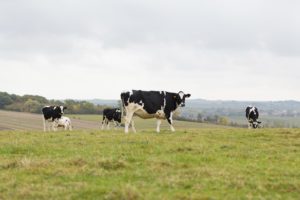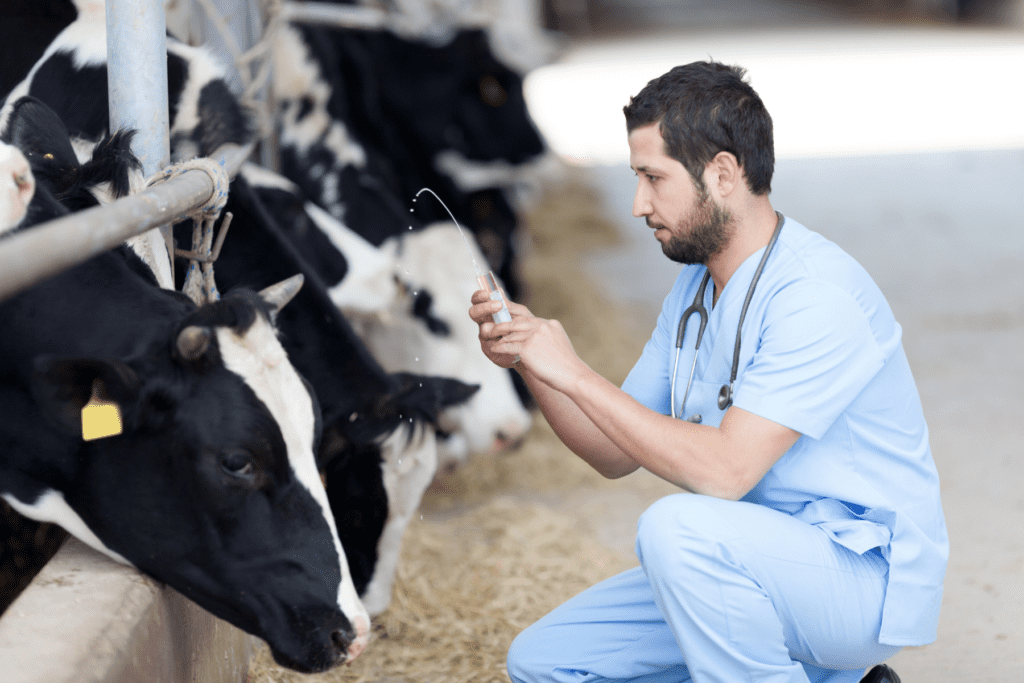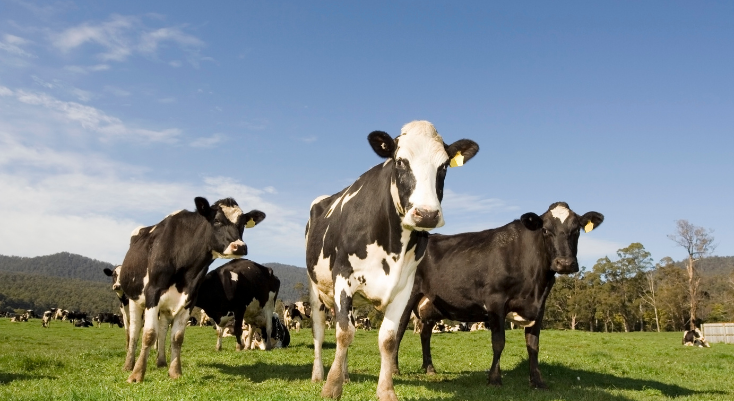Public-private partnership to eradicate Mycoplasma bovis in New Zealand will strengthen on-farm biosecurity systems, said Dr Tim Mackle, CEO of DairyNZ, as he outlined the largest biosecurity response in the country.
M. bovis, which spread to New Zealand for the very first time, was the topic of Dr Mackle’s presentation at the IDF World Dairy Summit 2018 in Daejeon, Korea, on 18 October.
“Initial response focused on finding the disease and containing it until a decision was made on future management,” explained Dr Mackle. “It involves placing suspected farms on lockdown and culling herds. There was significant input from international technical experts with the establishment of a Technical Advisory Group to review existing science to provide technical advice into the decision-making process on response to M.bovis.”
Speaking at a conference on Animal Health and Welfare, Dr Mackle said huge public information efforts were made to communicate response decisions with farmers and the wider community.
“On 28 May 2018, the government with industry support decided that eradication over the longer term was the way to proceed. This decision was made based on extensive disease and economic modelling, and scientific assessment. The disease was not considered widespread around the country. It appeared confined to a group of farms connected by animal movements, and there is only one genetic strain, indicating a single incursion,” stated Dr Mackle. “New Zealand has only one shot at eradication and we need to take it.”
 Culling of cattle on all infected properties and those categorized as ‘high risk’ were exercised under the legislative powers of the government. Most of the eradication programme is expected to be done over the next two years. This could involve up to 190 properties (out of more than 20,000 dairy and beef farms). The phased eradication programme is projected to stretch over ten years.
Culling of cattle on all infected properties and those categorized as ‘high risk’ were exercised under the legislative powers of the government. Most of the eradication programme is expected to be done over the next two years. This could involve up to 190 properties (out of more than 20,000 dairy and beef farms). The phased eradication programme is projected to stretch over ten years.
“Decisions around how and when culling occurs is undertaken in cooperation with farmers to minimise the impacts on their business,” said Dr Mackle. “Farmers are compensated for costs incurred resulting from the impact on their farming business. The eradication programme is also being supported by on-going intensive surveillance.”
Dr Mackle explained that the public-private partnership promotes effective governance during responses involving joint decision-making, which leads to better use of skills, resources and knowledge, as well as cost-sharing between the government and industry.
“M.bovis response has provided an opportunity to review and strengthen on-farm biosecurity in New Zealand involving mainly pasture grazing dairy herds and the regular movements of animals between farms and grazing blocks where there are reasonably large herds averaging over 400 cows.”














